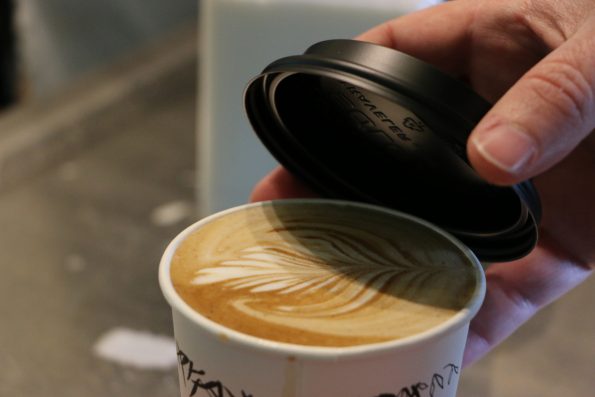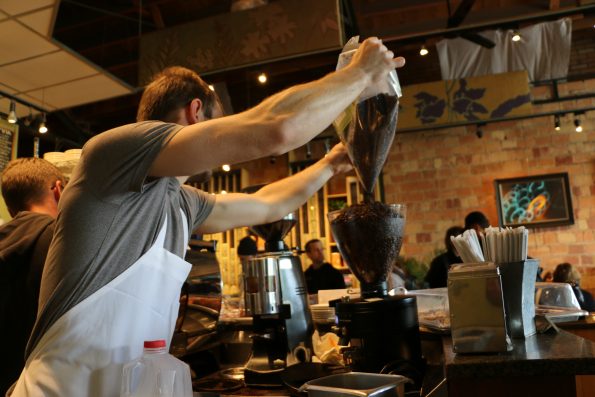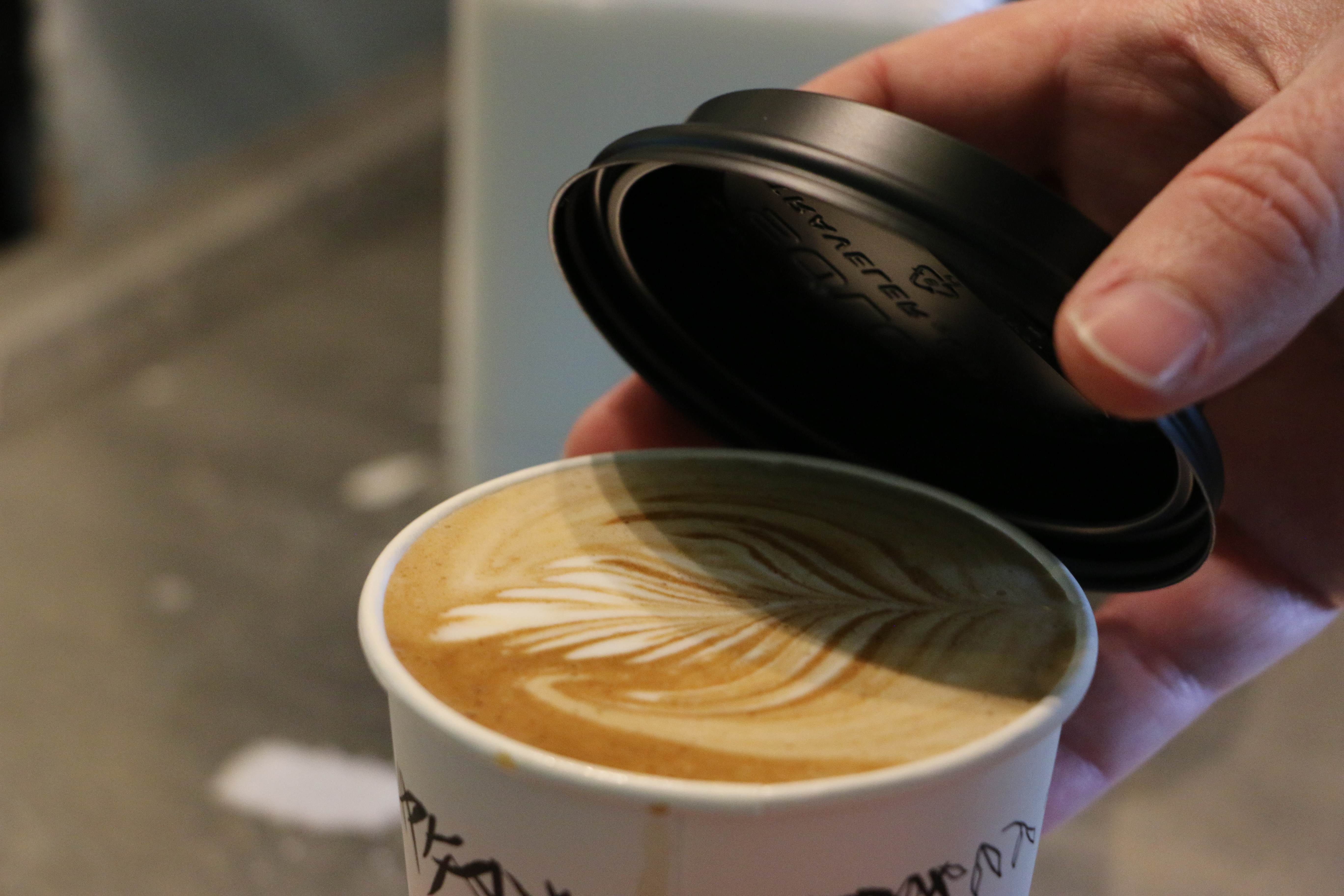
The rise of the local coffee shop is truly a phenomenon. In Salt Lake County we found 90 coffee shops. Just 20 years ago there were a handful. People who just don’t get it might wonder, what is so special about coffee? The modern American city runs on coffee, the bigger the city, the more coffee consumption occurs per capita. New York tops the list in the United States, with each resident consuming on average three cups a day. But what is it about coffee shops?
“It’s a cultural sharing experience,” says Alan Hebertson owner of the Coffee Garden at 9th and 9th.” He adds, “Here we get the creme de la creme, right along with the dregs of society. It’s about coming to a place and sharing a very special drink, along with ideas and good conversation.”
More “culture” is going into the cups of coffee produced at places like the Coffee Garden, who only uses “triple certified” — fair trade, shade grown, rain forest protected beans.” Caffe Ibis in Logan was one of the first roasting companies to provide the triple certification, and Coffee Garden has partnered with them since 2006. Today, Coffee Garden has partnered with a pastry chef Nicole Peterson, who worked for them when she was 19. She left Salt Lake City for a few years to learn to become a baker in San Francisco. She opened Honeycomb Bakery next door to provide croissants and french pastries to guests. “It’s baked fresh every day, and after two weeks we already need to double the amount we are selling,” says Hebertson.

Soon Coffee Garden will be offering their own custom roast for their espresso provided by Caffe Ibis, it will be completely organic with Ethiopian, Brazilian and Madagascar beans. All of their baristas have been retrained on how to make the perfect espresso. Inspired by the incredible espresso offered in Italy, Coffee Garden will once again be raising the bar.
How The Rise of Coffee Shops Ushered in the Renaissance
The Renaissance started in Northern Italy in the 15th Century. Many credit the incredible progression of art and science that occurred during that period to the financial support provided by the Medici family to Raphael, Leonardo and Michelangelo. However, the coffee shops which quickly spread throughout Europe, especially in Italy were also a critical factor in changing the culture of cities for average citizens in the 17th and 18th centuries.
During the medieval period fresh water in cities was not readily available, as wells and cisterns were frequently contaminated. One of the greatest innovations of that time was the preservation and consumption of ale, or mead. While city water could become easily contaminated, these drinks offered nutrition and were free of harmful bacteria, due to the boiling of wort, (which was later discovered to kill nearly all of harmful bacteria). The only problem was that many residents were drunk most of the time.
According to the book A History of the World in Six Glasses Tom Sandage writes:
“The impact of the introduction of coffee into Europe during the seventeenth century was particularly noticeable since the most common beverages of the time, even at breakfast, were weak ‘small beer’ and wine. … Those who drank coffee instead of alcohol began the day alert and stimulated, rather than relaxed and mildly inebriated, and the quality and quantity of their work improved. … Western Europe began to emerge from an alcoholic haze that had lasted for centuries.”
As Arabian coffee became popular, first in Constantinople in the late 15th century, the popularity began spreading throughout Europe, and especially in busy port cities such as Venice. Coffee and tea offered another type of beverage which would also prove healthy toward curbing the spread of bacteria and disease. Unlike beer, mead and wine, those who drank could remain sober and even get a nice boost to their productivity. Coffee houses in Vienna, became famous for producing places of great “cultural exchange” and debate and discussion over how best to improve living conditions, politics and overall life. The great lesson: drink beer in the evening and coffee all day.






